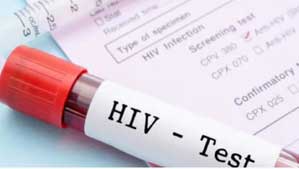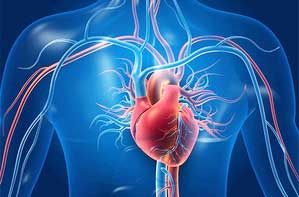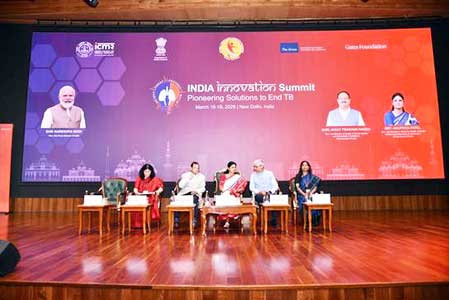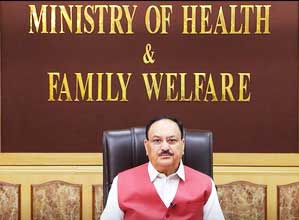A team of US researchers has found that for people with HIV, current risk models underestimated cardiovascular events in both women and black men in high-income countries.
Cardiovascular disease is the leading cause of morbidity and mortality globally, posing a particularly significant threat to people with HIV (PWH), according to new study published in the journal Lancet HIV.
Previous studies have called into question whether these commonly used prediction models perform well among people with HIV, and there remains a gap in understanding of what these scores mean for PWH in low- and middle-income countries (LMICs).
Researchers from Massachusetts General Hospital, a founding member of the Mass General Brigham healthcare system, in collaboration with an international team of investigators, conducted a study to evaluate how well existing atherosclerotic cardiovascular disease (ASCVD) risk estimates could be used to predict cardiovascular outcomes in global populations with HIV.
Their prospective cohort study used data from Randomized Trial to Prevent Vascular Events in HIV (REPRIEVE) to analyse individuals with HIV who were from low-, middle-, and high-income countries across several continents.
The researchers found that for those in REPRIEVE, current risk models underestimated cardiovascular events in both women and black men in high income countries (HICs), while overestimating cardiovascular events for all PWH in LMICs.
“These findings allow researchers to fine-tune cardiovascular disease prediction models for people living with HIV,” said Patrice Desvigne-Nickens, a medical officer within the National Heart, Lung, and Blood Institute (NHLBI).
“Assessing the accuracy of these predictions in subgroups of the population is possible because of carefully developed outreach and enrolling a diverse study population – representing all people at risk,” Desvigne-Nickens added.
According to Steven Grinspoon, chief of the Massachusetts General Hospital Metabolism Unit in the Endocrinology Division of the Department of Medicine, this study underscores the need for nuanced, region-specific and population-specific CVD prediction models that accurately reflect cardiovascular risk for PWH, including those living in LMICs.






Seven cops injured during anti-Waqf Act rally in Tripura
At least seven policemen sustained injuries on Saturday during a clash between the security personnel and the agitators who held a protest rally against the recently enacted Waqf (Amendment) Act in northern Tripura’s Kailashahar under Unakoti district.
68 tonne areca nuts worth Rs 5.87 cr smuggled from Myanmar seized in Manipur
After Mizoram, the Assam Rifles have seized 68 tonnes of smuggled areca nuts worth Rs 5.87 crore in Manipur’s Kangpokpi district, officials said on Friday.
Centre provides Rs 217 crore for relief, rehabilitation of violence-hit displaced people in Manipur
The Union Ministry of Home Affairs (MHA) has provided Rs 217 crore as financial support in the last fiscal year (2024-25) for relief and rehabilitation measures for those people displaced due to the ethnic violence in Manipur since May 3, 2023, officials said here on Sunday.
Fresh tension in Manipur; village chiefs among 10 assaulted by militants
Fresh tension broke out between two tribal communities in Manipur’s Kangpokpi district on Saturday after at least 10 people, including two key village leaders, were allegedly assaulted by suspected Kuki militants over a land dispute, officials said.